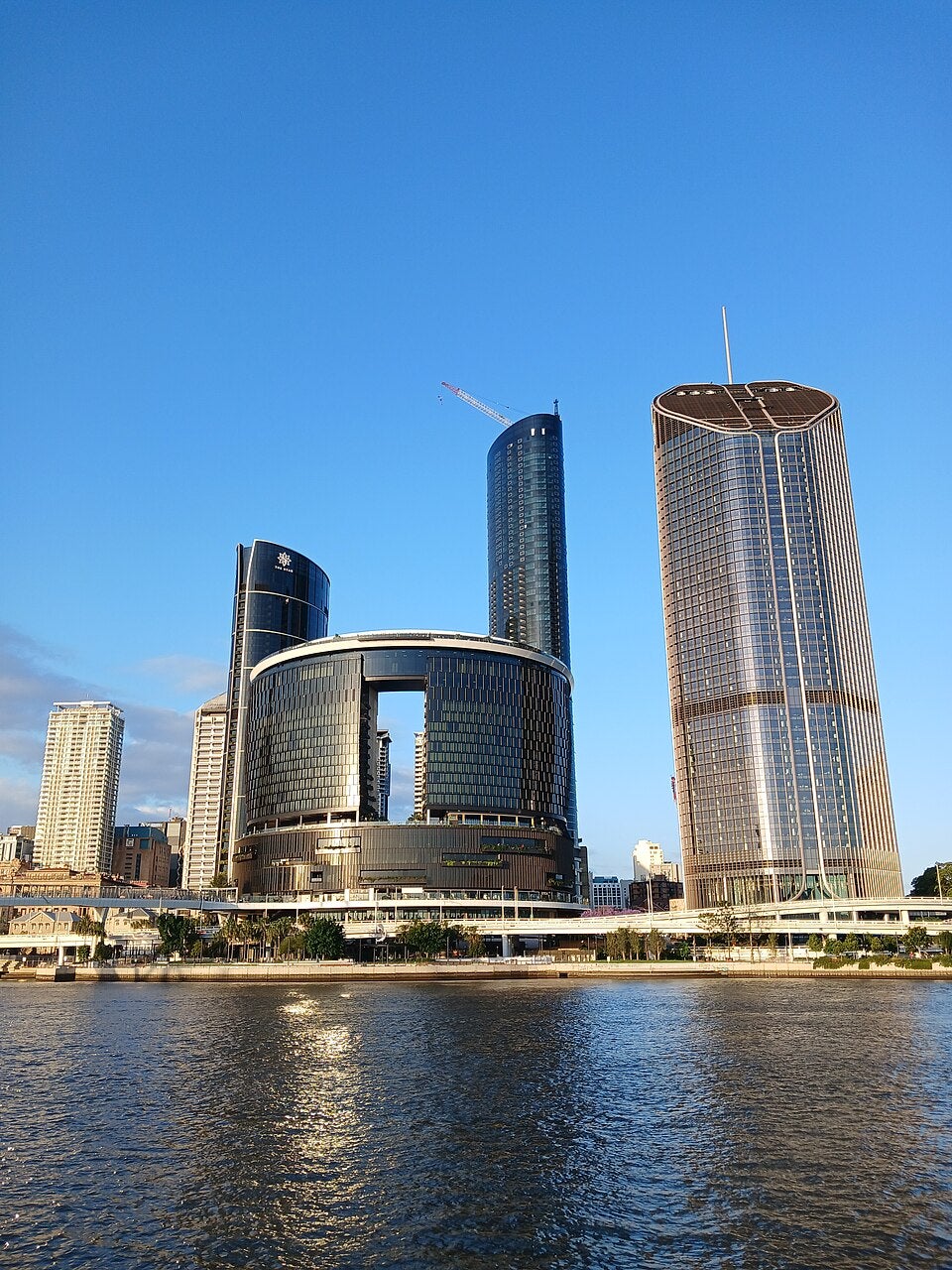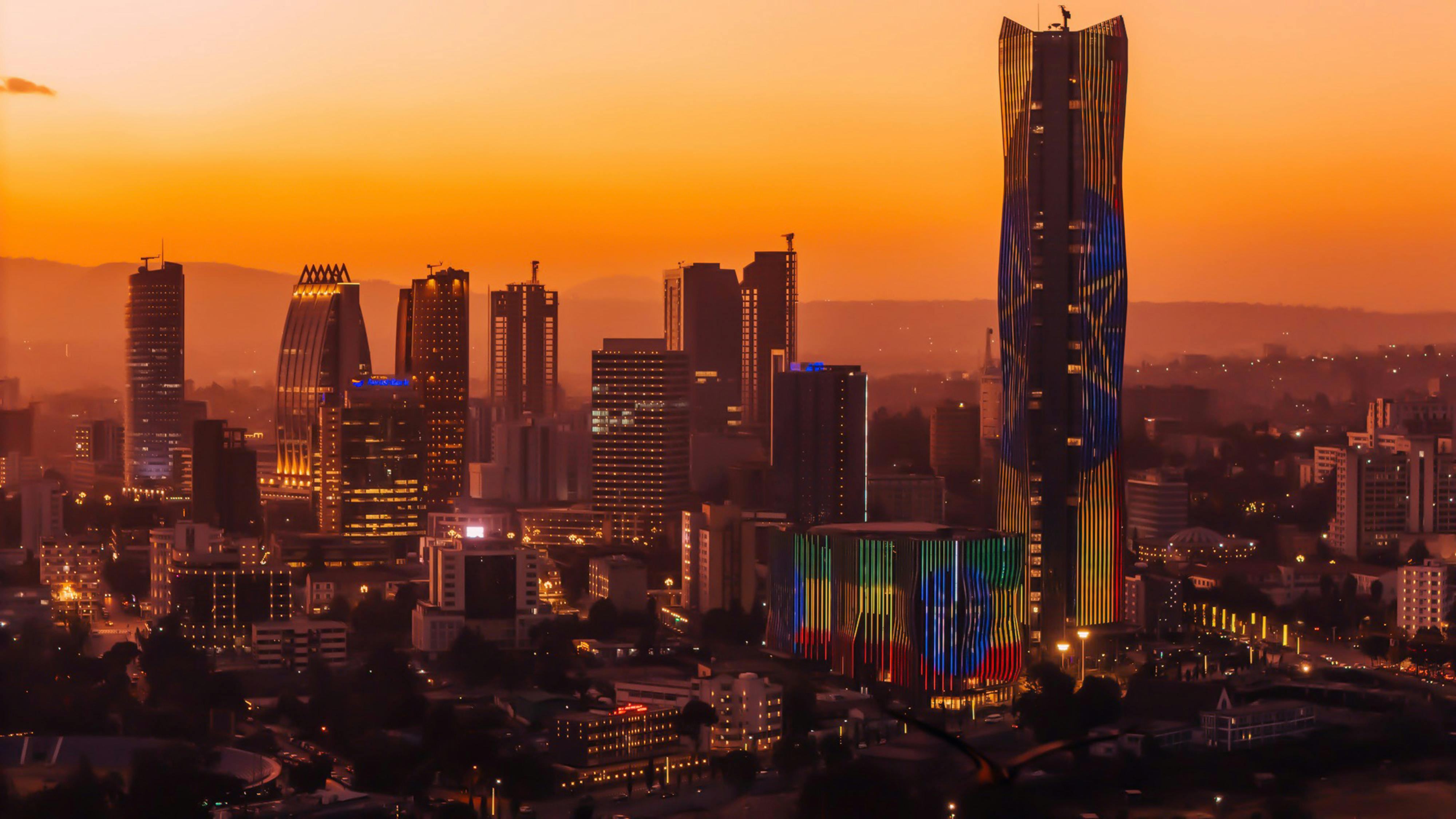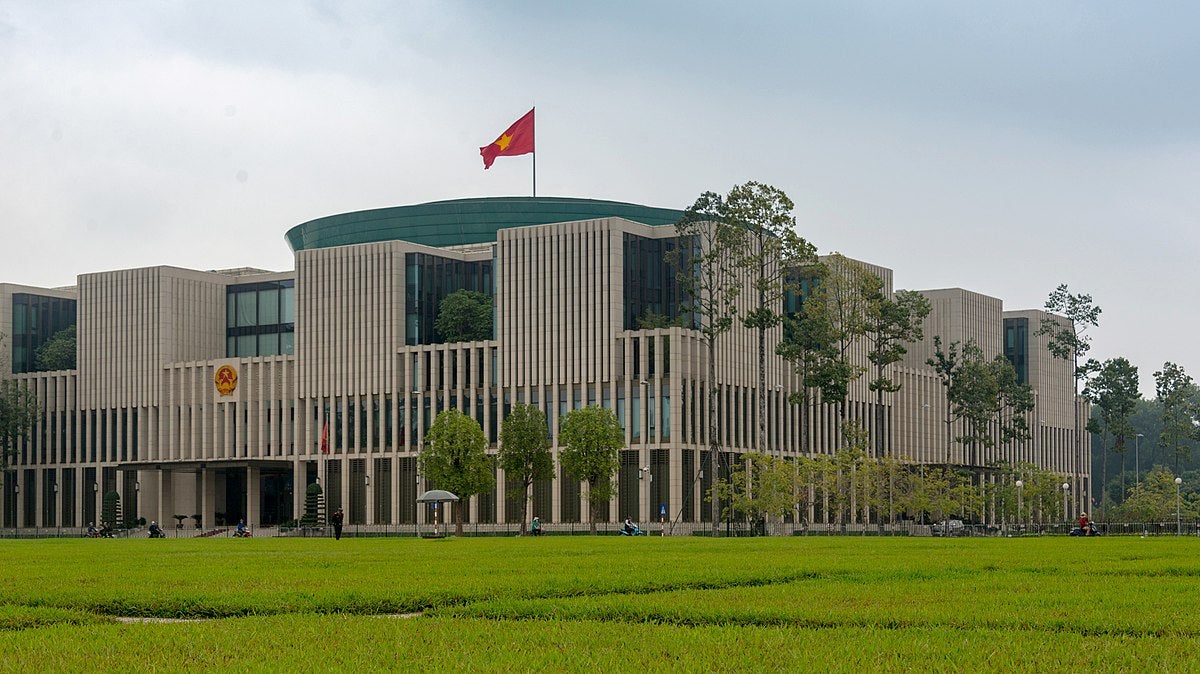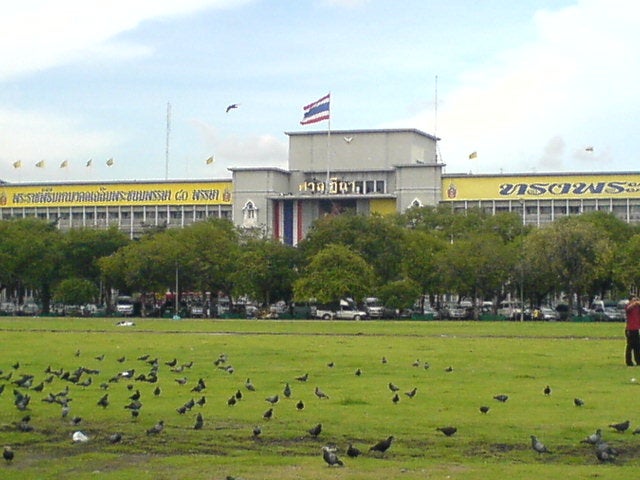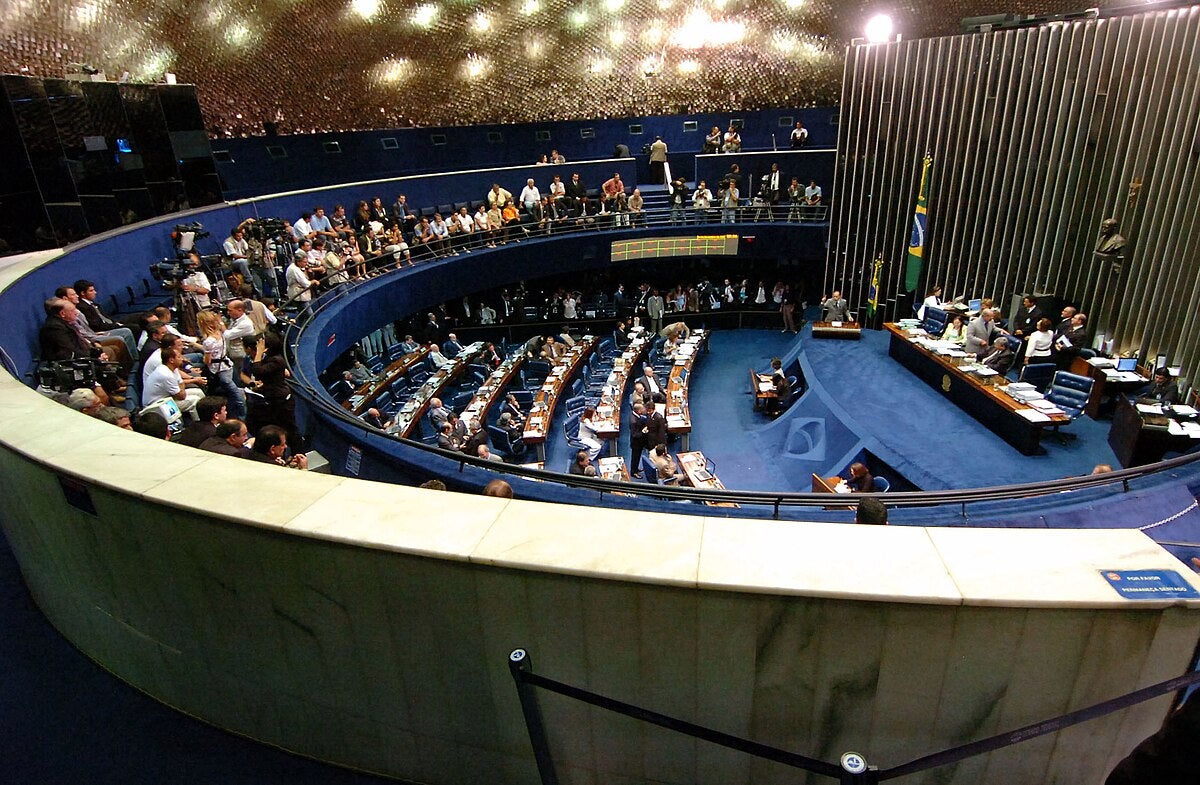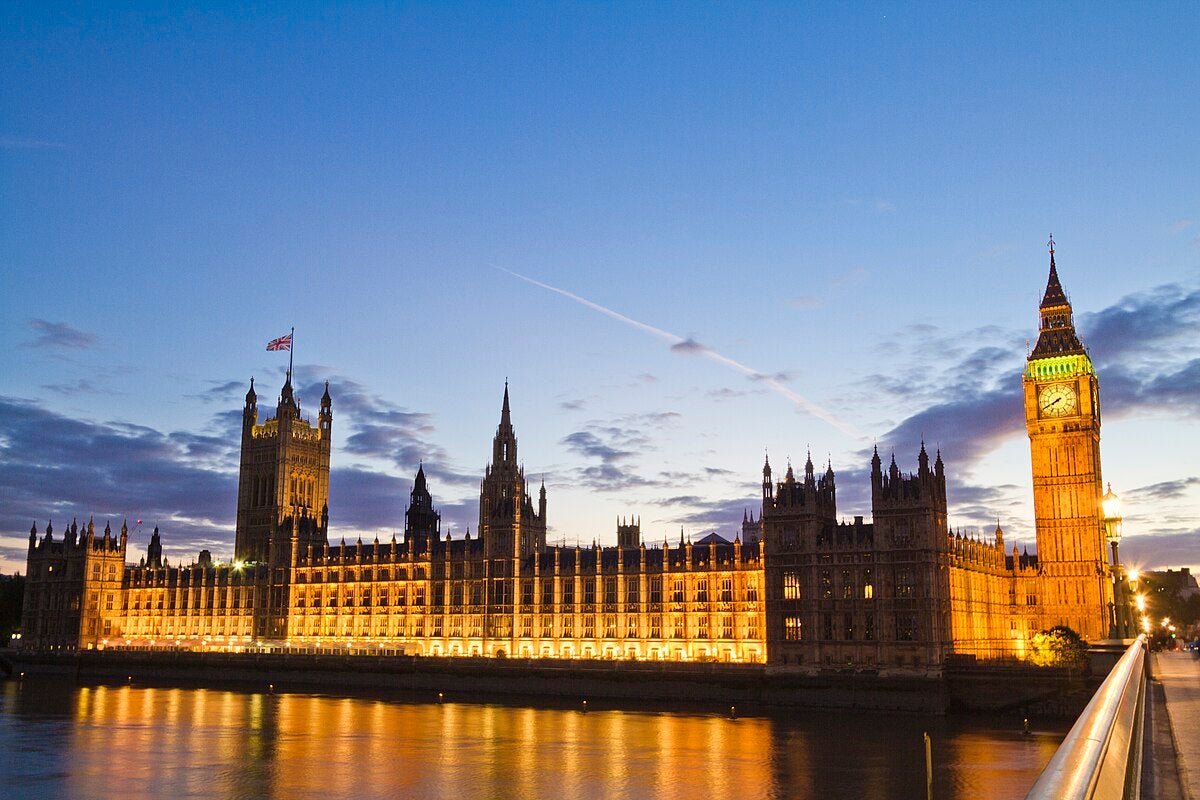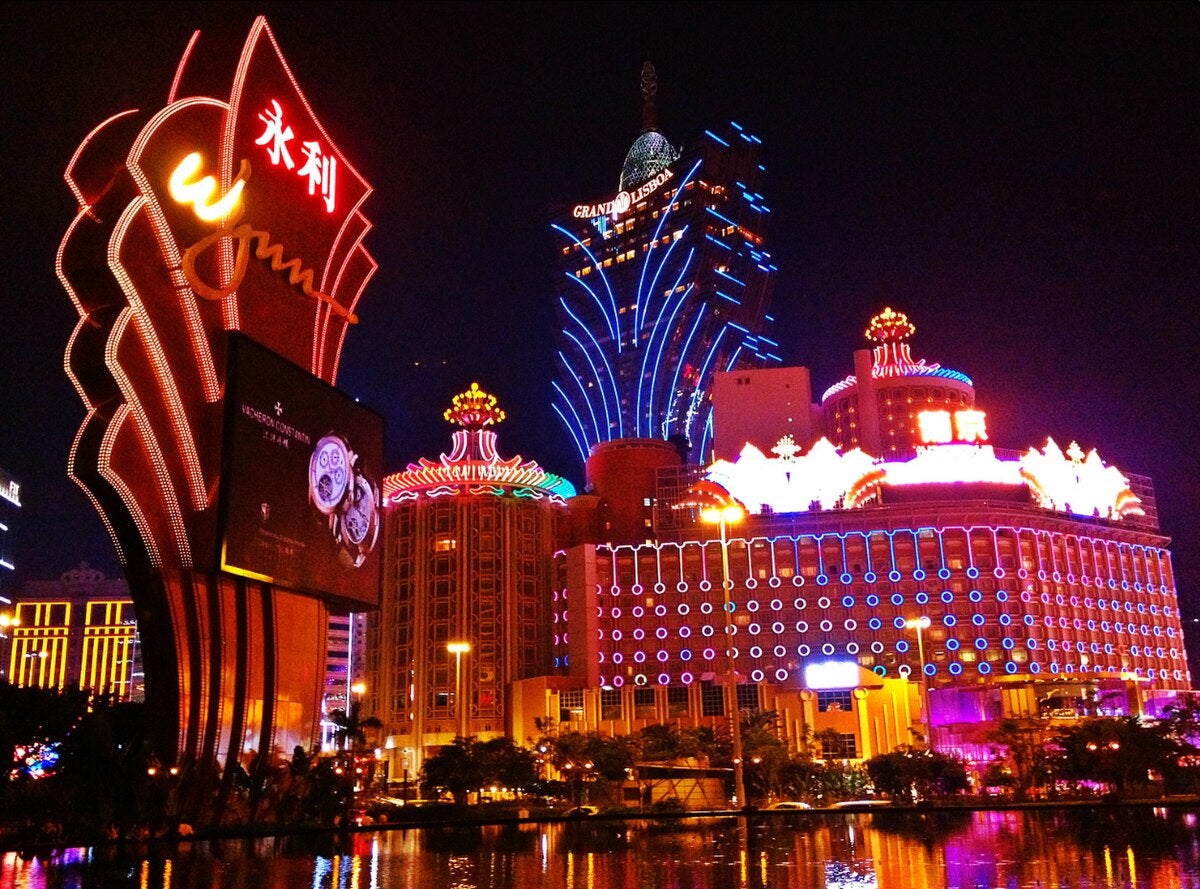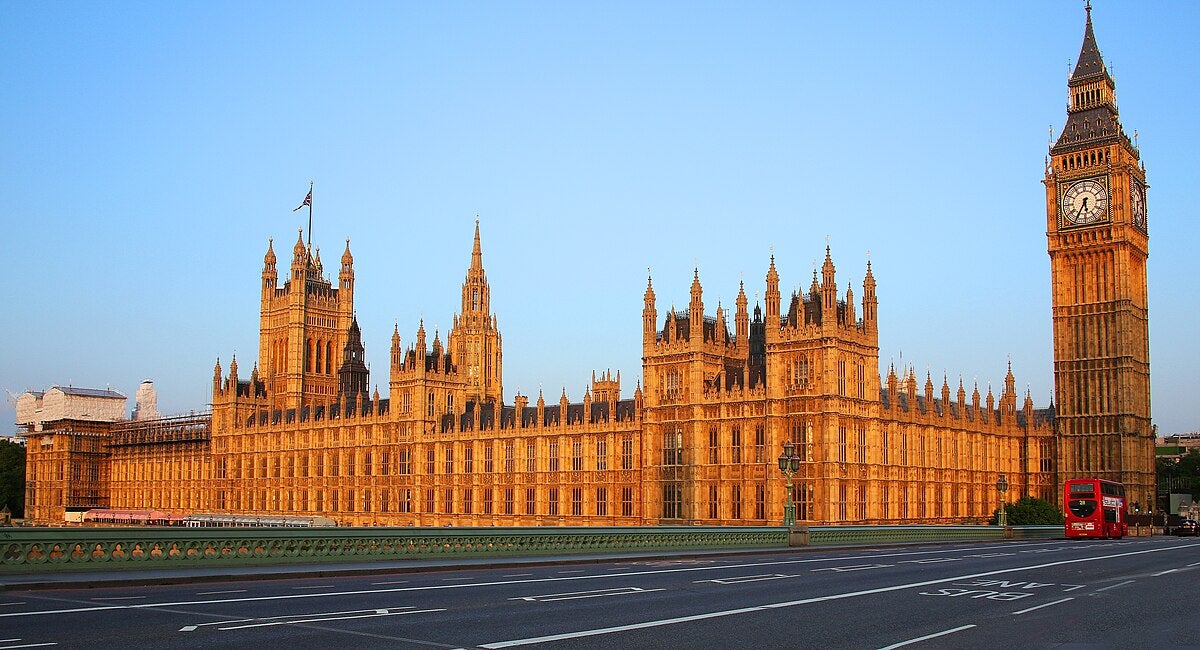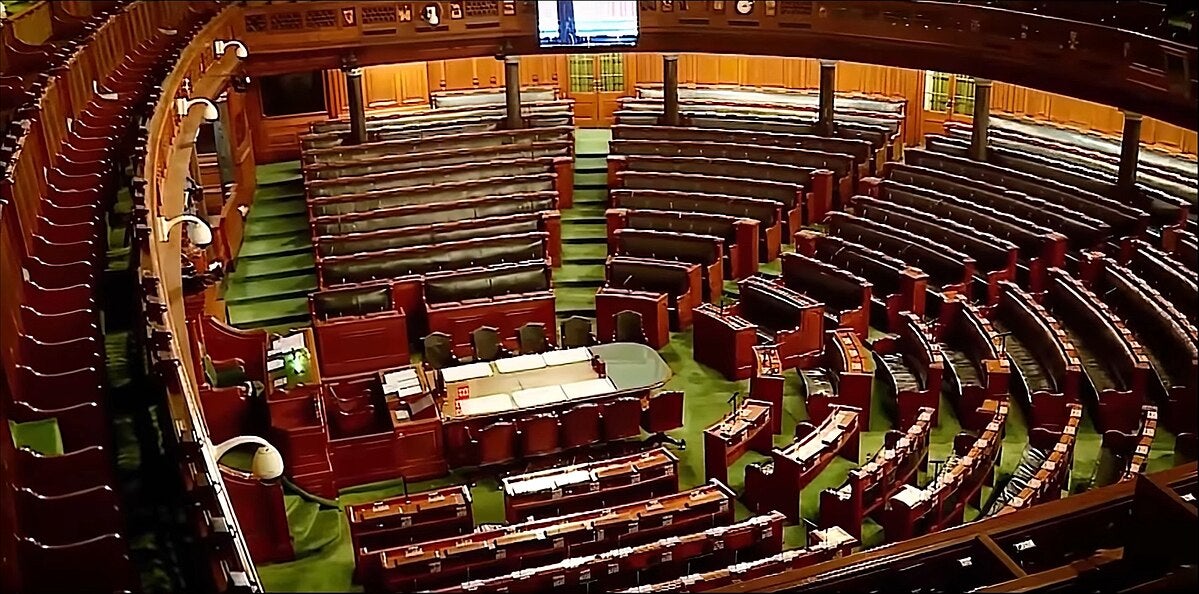Coalition Fractures
The legislative withdrawal occurs amid eroding government cohesion, marked by Bhumjaithai Party’s formal exit from the ruling alliance, stripping the ruling coalition’s parliamentary majority. The party linked its departure to objections over the casino bill and fallout from a leaked phone call between suspended PM Paetongtarn Shinawatra and Cambodian President Hun Sen, where she scolded Thai military tactics in border negotiations.
PM Paetongtarn’s suspension by the Constitutional Court and subsequent replacement by caretaker PM Phumtham Wechayachai have left the coalition navigating leadership vacuums and dwindling legislative leverage. Analysts note that the administration lacks the political capital to advance the casino bill as it addresses broader governance challenges.
Party of Strategy
The coalition maintains enough parliamentary backing to advance the legislation but has chosen strategic postponement to prioritize public consultation. Deputy Finance Minister Amornvivat framed the withdrawal as a necessary pivot to address more pressing agenda issues. He specifically cited Thailand’s simmering border tensions with Cambodia as requiring immediate diplomatic focus.
Officials clarified that while cabinet approval is typically necessary for bill withdrawals, the lack of parliamentary pushback can expedite the process. Chief whip Chainaroon underscored the political strategy behind shelving rather than delaying the bill. “If you said you wanted it withdrawn, don’t block it when it happens,” he cautioned opponents, alluding to potential hypocrisy in legislative maneuvers.
While there is room for future revival, the absence of a timeline underscores the coalition’s precarious position. The bill’s withdrawal reflects a recalibration of strategy amid volatile public sentiment rather than resolution.
Investor confidence Shaken
The casino bill’s legislative reversal has cooled enthusiasm among global gaming giants, including MGM Resorts, Galaxy Entertainment, and Las Vegas Sands. These gaming resort operators had positioned Thailand’s proposed integrated resorts as a US$15 billion tourism catalyst. The sector, meant to account for 13% of GDP and 20% of national employment, now faces delayed modernization plans. Analysts note that investors bet on stability, and this move undermines both timelines and trust.


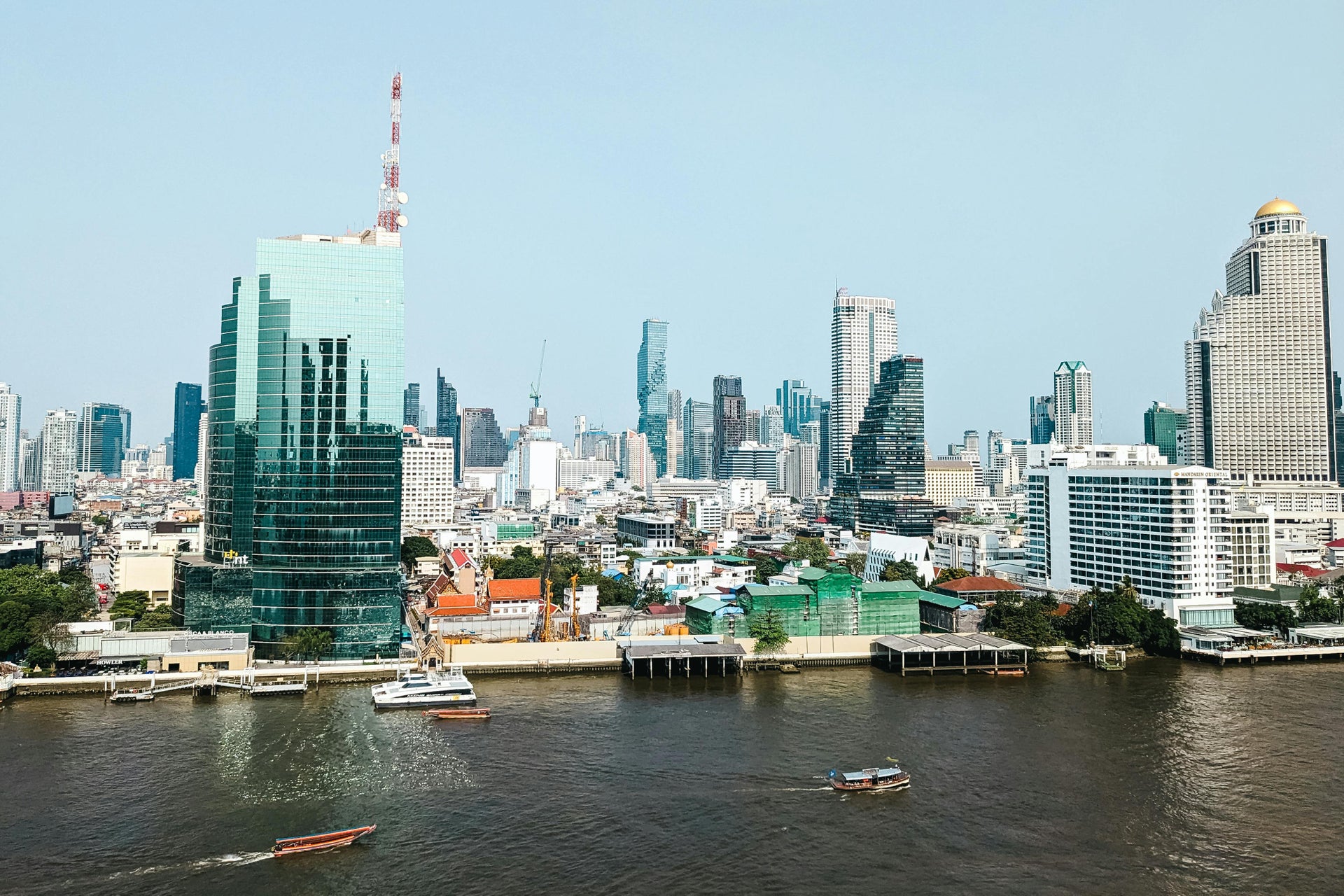








.jpg)


